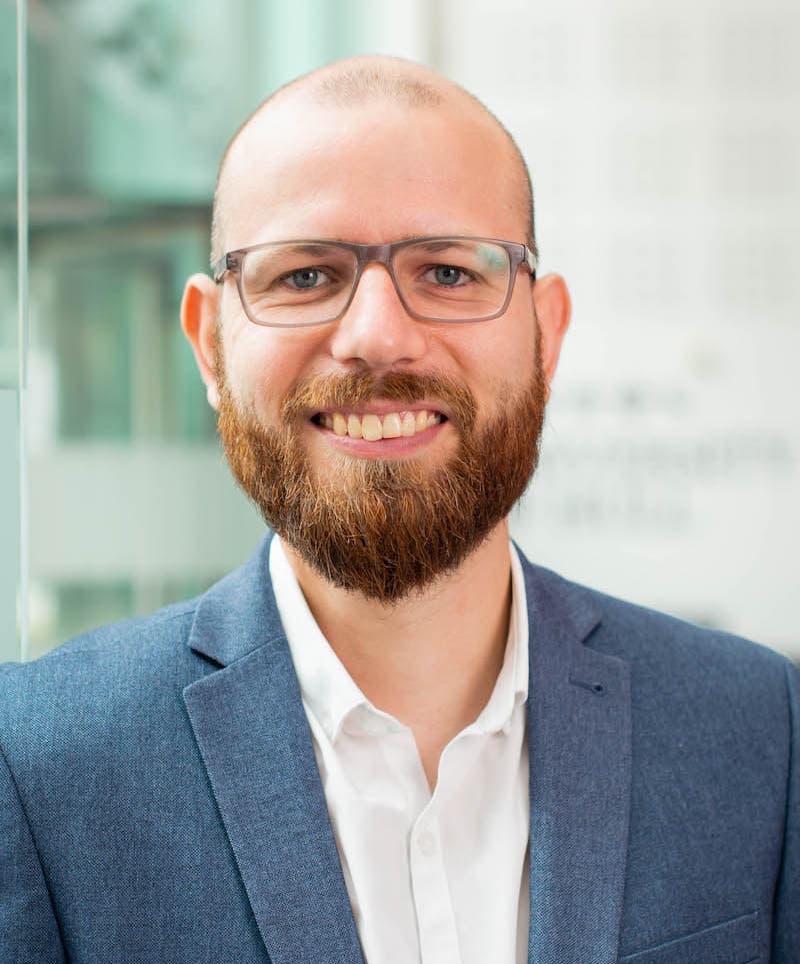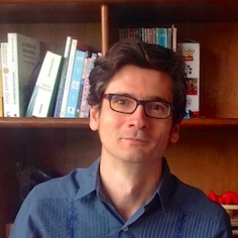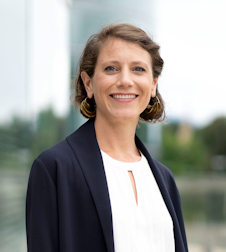Overview
The Security, Conflict and Justice (SCJ) Pathway engages with key debates about the nature and driving forces of conflict; changing understandings of security and processes of securitisation; and the equitable access to justice and distribution of just outcomes. These debates are of critical importance as people throughout the world are exposed to war and conflict, extremism and terrorism, crime and new criminal markets, forced migration and trafficking, human rights abuses, gender and racial inequalities, and social deprivation. Moreover, people’s experiences of such issues are mediated by the institutional and economic context that they inhabit, with many states either failing to protect their citizens or actively pursuing harmful, detrimental or discriminatory policies. These important issues are inherently interlinked, as injustice is often a major source of conflict, and the question of ‘just security’ is highly topical and contested. Furthermore, injustice and insecurity are experienced by people in different ways on an everyday basis, as shown by challenges of social deprivation, unequal access to legal justice, the denial of minority rights, and deficiencies in the rule of law. The SCJ Pathway therefore develops novel and wider interdisciplinary perspectives to understand the nature of these societal challenges, and to develop better strategies for conflict resolution and securing justice – whether locally, nationally or globally.
Contributing disciplines
The SCJ Pathway engages with a broad range of societal challenges that are relevant to the subject areas of development, governance and security; and addressed within and across criminology, geography, international studies, law, political science, public policy, social policy and sociological studies. By blurring distinctions between traditionally distinct academic categories, the Pathway facilitates excellent research training that tracks and harnesses the latest theoretical advances, as well as the innovative methodologies that have emerged at this interdisciplinary nexus.
Pathway training and development
The SCJ Pathway provides training events that expose students to cutting-edge research projects from a diverse range of experts across these fields as well as to the diverse methodological approaches that they apply. Pathway events support students to address significant challenges within their own doctoral research projects, but also work to develop a strong academic skillset for post-PhD careers. Pathway training equips them with enhanced capacities to manage issues that include: fieldwork in risky locations; working with vulnerable/powerful groups; negotiating sensitive topics; and, developing effective/ethical/responsible collaborative relationships.











